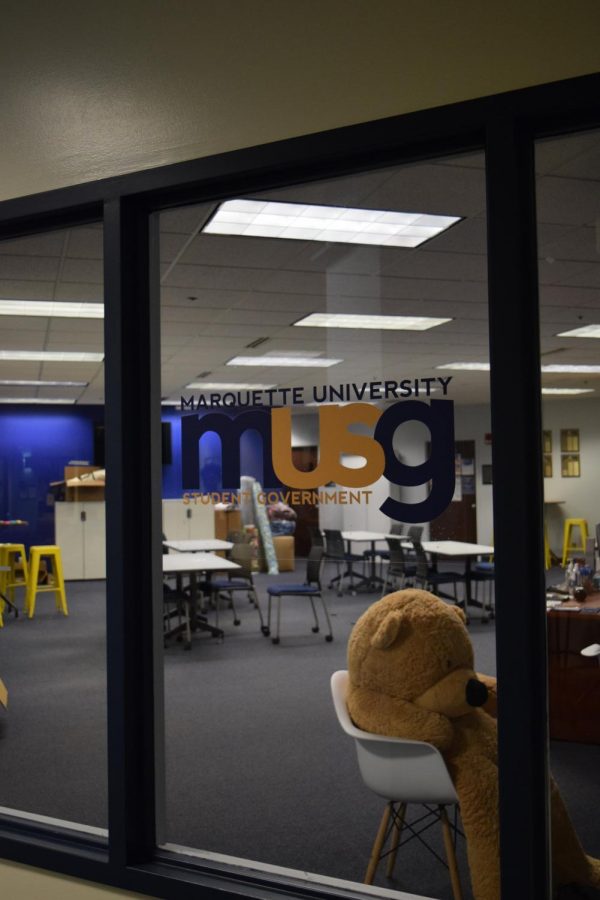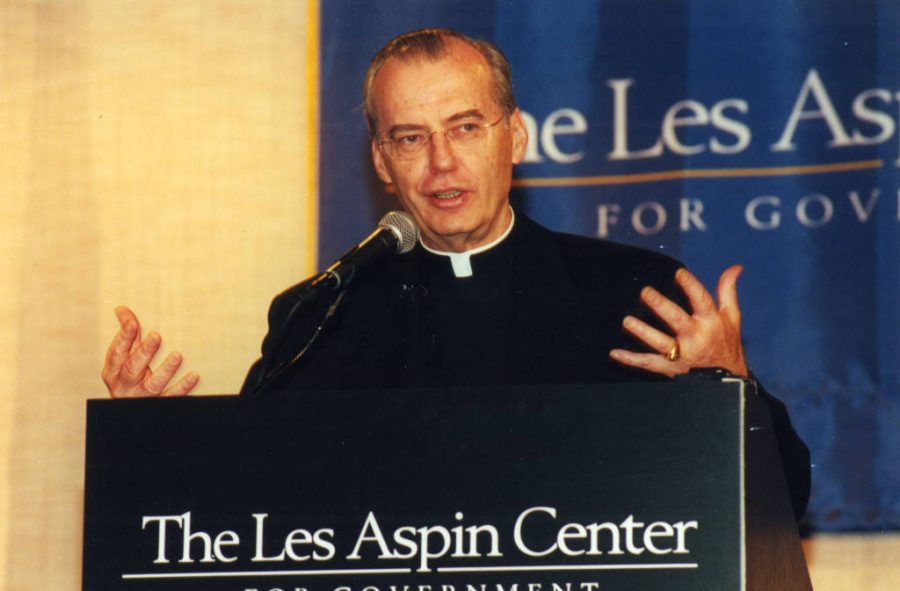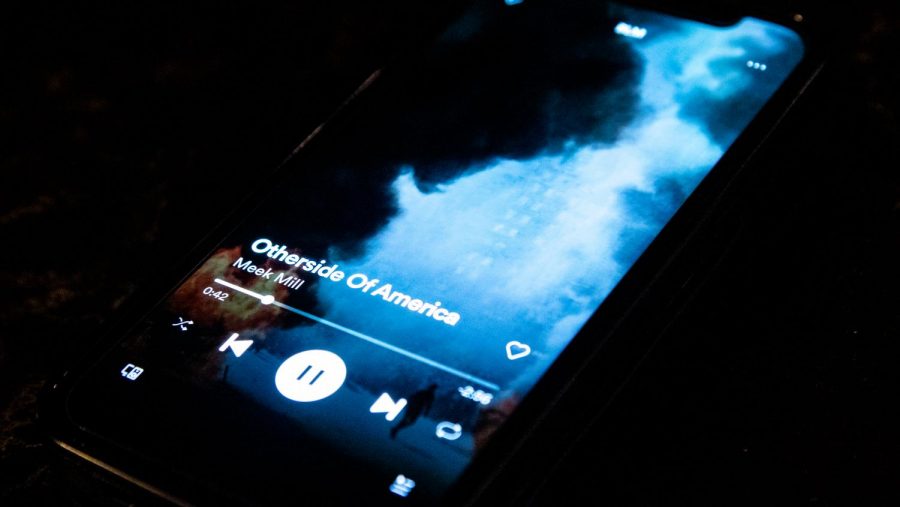Before attending Marquette I often heard the phrase: “Be the change you wish to see in the world.” I had always seen it as just another oversimplified cliche. To me, it sounded hollow and devoid of meaning, like so many other motivational buzz words.
But after hearing the phrase so many times over the last three years, I have a completely different understanding of it. Instead of thinking about it as an empty epitaph that, if followed, will make the world a perfect utopia, break the quote down to its most basic meaning and you’ll find some real truth.
If you emulate the difference you want to see in the world, you are contributing to that difference. Of course, this single act will not change the world as a whole, but no one said it would. It is our responsibility to do our part and make the world a place where we want to live. If everyone adopts this ideology and acts on the differences they want to see, the world can and will be changed, according to our collected visions of the world.
Before we can be the difference, we must decide what that difference is. This is unique to everyone, and if you are like me, it will likely change over the course of your life. When I initially heard “Be the difference,” the first thing that popped into my head was service. Directly helping those who need it most seemed like the perfect way to change the world. But it is important to remember that this is not the only way.
Service is certainly a crucial aspect in contributing to the community. Those that dedicate their lives to serving others should be an inspiration for the rest of us. But if you aren’t one of the few who serve full-time, there are other ways for you to make an impact.
Everyone needs help in some way. Just because someone isn’t visibly in need doesn’t mean they aren’t going through devastating, emotional turmoil. Unfortunately, these situations are much more common than we realize, and they can be some of the easiest opportunities to make meaningful differences.
Talking, or more importantly, listening to close friends and relatives will go a surprisingly long way in helping ease their pain. Most of us tend to internalize conflicts, but having someone to open up to lightens the burden.
Some people prefer not to talk about their problems. To help more reserved friends and strangers, even the smallest act of kindness will make an impact. Something as insignificant as holding a door or smiling at someone on the street can be enough to change someone’s mood, and eventually, their perspective.
To me, this is what being the difference really means. By going ever so slightly out of your way, you are making a difference in the way that someone else feels. It probably won’t solve whatever their problem is, or bring them instant happiness, but it will make them realize they are not alone. For a fleeting moment, they will feel connected to you, and you will feel connected to them.
These small and commonplace acts hold much importance. If you fully believe in being the difference, there is virtually no limit to how many small actions you can take to let others know you care. And if everyone acted that same way, imagine how different the world would be.
One smile will not change the world. But it could mean the world to one person. And that’s definitely a start.








